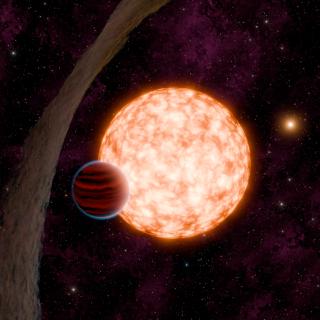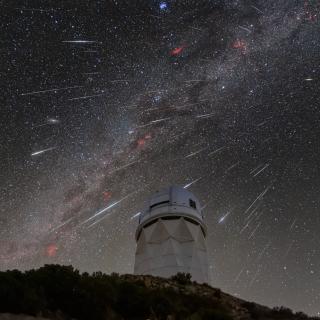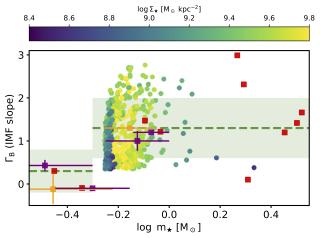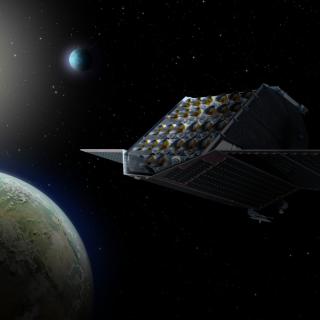
Researchers at the Instituto de Astrofísica de Canarias (IAC) in collaboration with other entities, such as NASA , have managed to detect the youngest planet ever found, using the technique of transits. This “baby planet” is paradoxically a giant in orbit round a very young star. The Principal Investigator of this finding, which has been published in the Journal Nature , is Madyson Barber, of the University of North Caroliona at Chapel Hill . Other authors of the article include Felipe Murgas and Enric Palle of the IAC. The discovery was made using the technique of transits. This works
Advertised on



